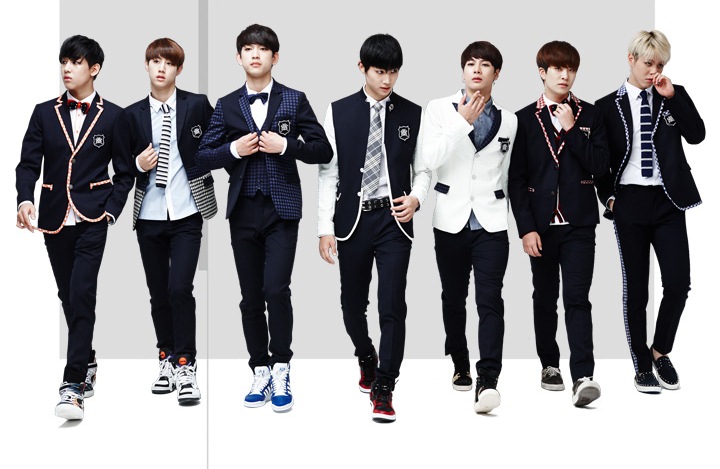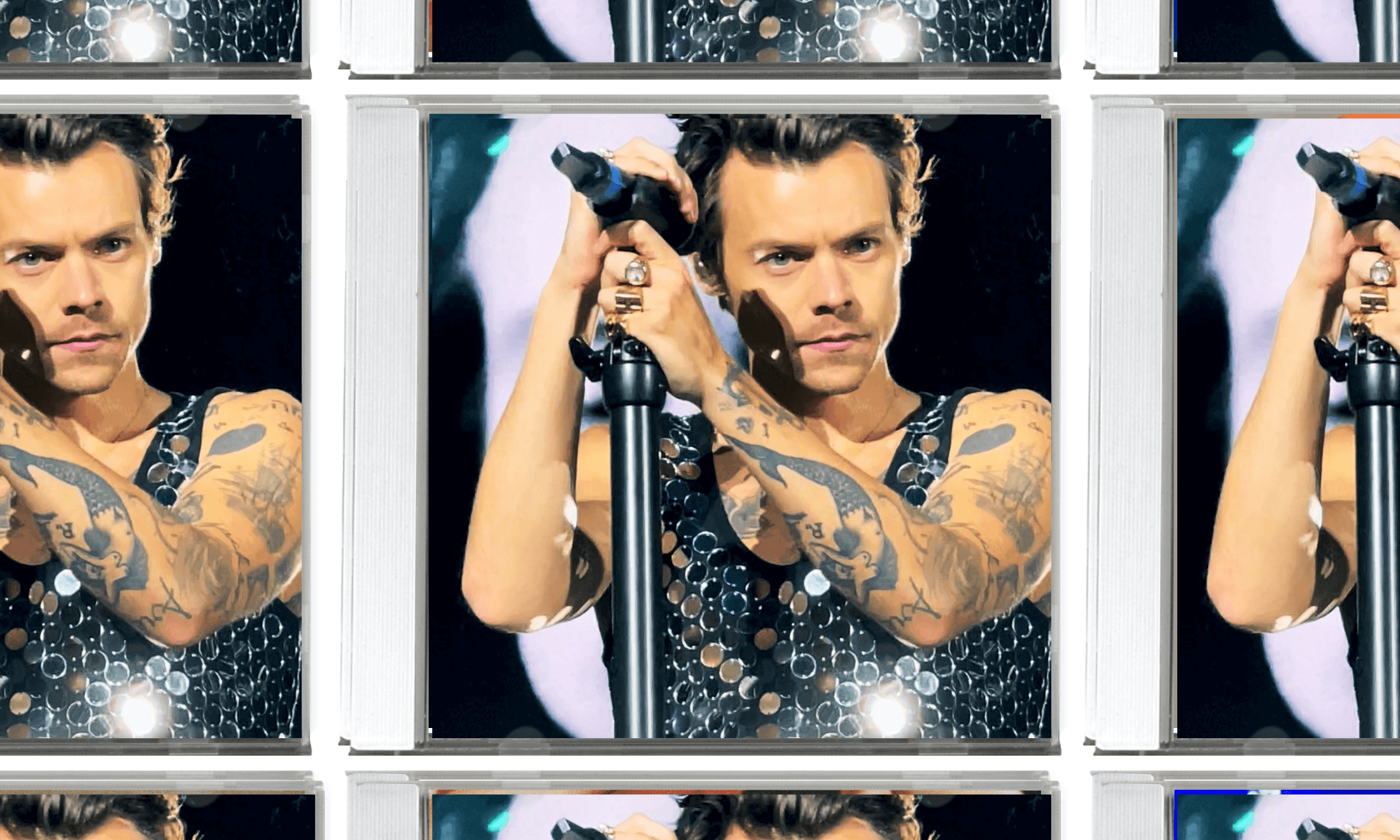
My culture is not designer
When I tell people that I’m Korean, the reply is usually one of four comments: “North or south?”; “I knew it, you look Korean”; “I love Korean barbeque!” and lastly, “Do you listen to K-Pop?”.
In response to the latter, I am usually stuck with one of two possible options: 1) reply that, “yes, I do love K-Pop” and risk the possibility of them replying with, “OMG!! Me too! I totally sarang* Jimin-oppa**!!”, or 2) glaze over the question and avoid having to listen to the butchering of my mother tongue. The rise in popularity of K-Pop in the western industry is fascinating to me. When I emigrated to Canada in 2003, no one even knew where Korea was. Yet, in recent years, Korea has been transformed into a dream-like fairy tale land made up of hot Asian men and perfect love stories.
In a way, we have come a long ways in terms of representation. As a Korean-Canadian individual, I grew up saturated by white media. I rarely saw Asians in Hollywood, unless they were “evil” North Korean spies. When I discovered K-Pop, when it became “mainstream”, it was a medium I could identify with. My mother tongue and culture became visible. So when I talk about the issues surrounding the international K-Pop fandom, my Korean friends tell me that we should be glad and thankful that we are getting representation all.
But I’m not.
I am not glad that my culture and language have become accessories.
I am not thankful that the words I have found so difficult to say have been turned into a commodity, a decoration, something that people can toss away when they no longer have any use for them.
When you bring whiteness into K-Pop, you are not bringing in “diversity”; you are taking up space in an industry where you have no business being. You are taking away the small amount of opportunities Koreans have in mainstream media.
Many Korean-American K-Pop artists, although they are third-generation immigrant children and do not know Korean very well, have gone to Korea to become singers, because it was the only way they could fulfil their dreams. Non-Korean, Asian-American artists go to Korea for the exact same reasons. Being mainstream in America as an Asian person is a nearly impossible task, and not due to lack of talent. Rather, it’s because mainstream American entertainment favours and is dominated by white people.
When I see non-Korean people create Korean names for themselves, I am reminded of the number of years it took for me to truly love and accept my Korean name. I am reminded of all the days my teachers called it out during attendance, and me cutting them off with: “It’s Judy”. I am reminded of the fear of being ostracized by my white classmates, and the times I became their circus monkey because I couldn’t pronounce certain words due to my accent.
It is so easy for white people to use Korean words (incorrectly, I might add), and be regarded as “cultured” or “educated”, when I was teased for my broken English at just eight years old. The Korean that a Korean person speaks is also seen as unexceptional, while the one phrase a white person knows becomes more valuable than all the complex sentences my parents can say.
The irony of all this is that these same people, the ones that use defective Korean and treat the language like a Gucci handbag, are the ones that reply to K-Pop idols with “please speak English”.
These people are the ones that draw unnecessary attention to the idols’ accents in English—a real struggle in North American dysphoria—by calling it “cute” and “endearing”, but get annoyed that their local take-out restaurant doesn’t speak “proper English”. International K-Pop fans, let me tell you something: you are not entitled to them speaking English for you. They work in Korea, it is called K-Pop; KOREAN POP.
Culture is about identity, community, family and tradition. Culture, if isn’t your own, is for you to participate in as a guest, only as a guest, and only if you are invited. Culture is not mass-produced in a factory and made for your consumption, and it’s not for you to turn into an American Apparel shirt or absurd tattoo.
The final note is this: if you are going to learn Korean, then do it properly. Learn, practice, and master the language, because I am sick and tired of seeing a part of my identity be treated as some jacket that you can take off whenever you please.
Notes:
* – love
** – used to refer to older Korean men by younger women; also used to refer to male K-Pop idols.









